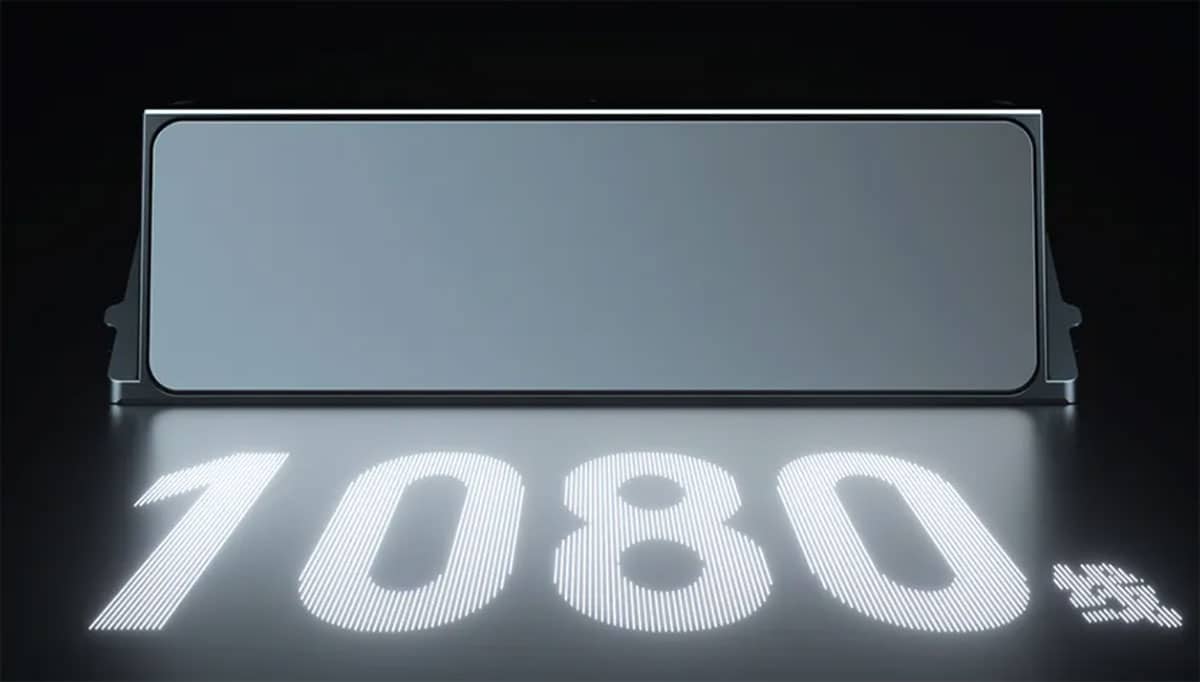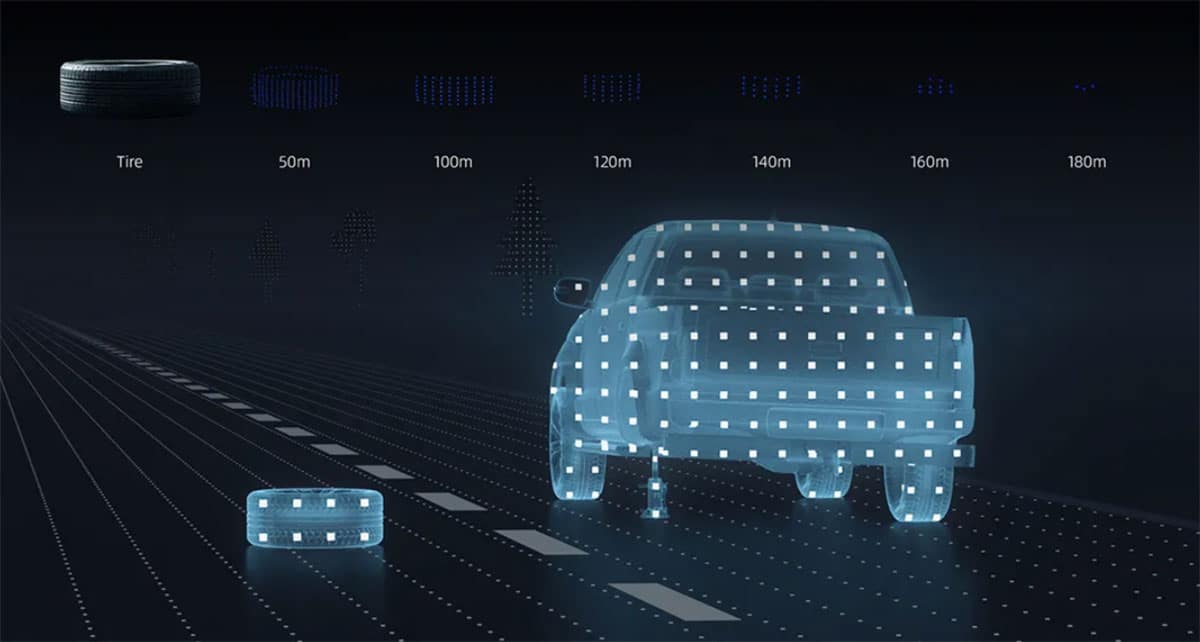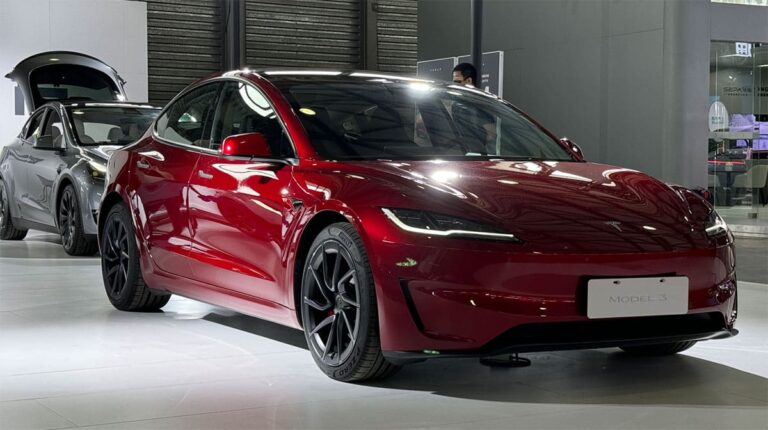- RoboSense unveiled its new EM4 LiDAR with 1,080 laser channels, saying it's the world's first LiDAR with more than 1,000 channels.
- The EM4 has detection range of up to 600 meters and can increase the response time of smart driving systems by up to 70 percent.

As the electric vehicle (EV) world is divided over whether cars should carry LiDAR, Chinese suppliers are innovating rapidly in the space.
Local LiDAR maker RoboSense Technology (HKG: 2498) today unveiled its new EM4 LiDAR with up to 1,080 laser channels, saying it is the world's first LiDAR with more than 1,000 channels.
The EM4 is the first product built on RoboSense's latest digital architecture platform, EM, and features up to 0.050° x 0.025° angular resolution to provide 1080 P high-definition 3D perception for automobiles, according to RoboSense.
It has a ranging capability of 300m@10 percent, a maximum detection distance of 600 meters, and up to 70 percent increase in response time for intelligent driving systems, the company said.
The EM4 is able to clearly detect a 40*25cm black cardboard box within 250 meters, and can perform emergency avoidance or braking at speeds of up to 181 kilometers per hour, according to RoboSense.
For white vehicles within 600 meters, emergency avoidance or braking can be increased to 289 kilometers per hour, it said.
EM4 uses real-time lossless compression of data, allowing the amount of data sent per second to be compressed from gigabytes to hundred megabytes, with a compression rate of 60 percent, according to the company.
Hong Kong-listed RoboSense is China's largest LiDAR maker, with customers including BYD (HKG: 1211, OTCMKTS: BYDDY), SAIC Motor Corp, Geely Auto, and Toyota.
For the full year 2024, RoboSense sold 544,200 units of LiDAR products, up 113 percent from 256,000 units in 2023, according to data it released today.
The company sold 519,800 units of LiDAR products for ADAS (Advanced Driver Assistance System) and 24,400 units for robotics and other products in 2024.
The vast majority of EV makers in China now use LiDARs in their high-end models to provide better intelligent driving safety.
But the industry is currently divided over whether vehicles should use the component.
Tesla (NASDAQ: TSLA) is the foremost proponent of pure vision smart driving solutions, and its management has expressed its dislike of LiDARs several times over the past few years.
Xpeng (NYSE: XPEV) ditched LiDAR for its new sedan P7+, launched on November 7, after several years of using the component.
Late last month, Li Xiang, founder, chairman, and CEO of Li Auto, said at an AI Talk event that Tesla would use LiDAR if its CEO Elon Musk ever drove on a Chinese highway at night.


